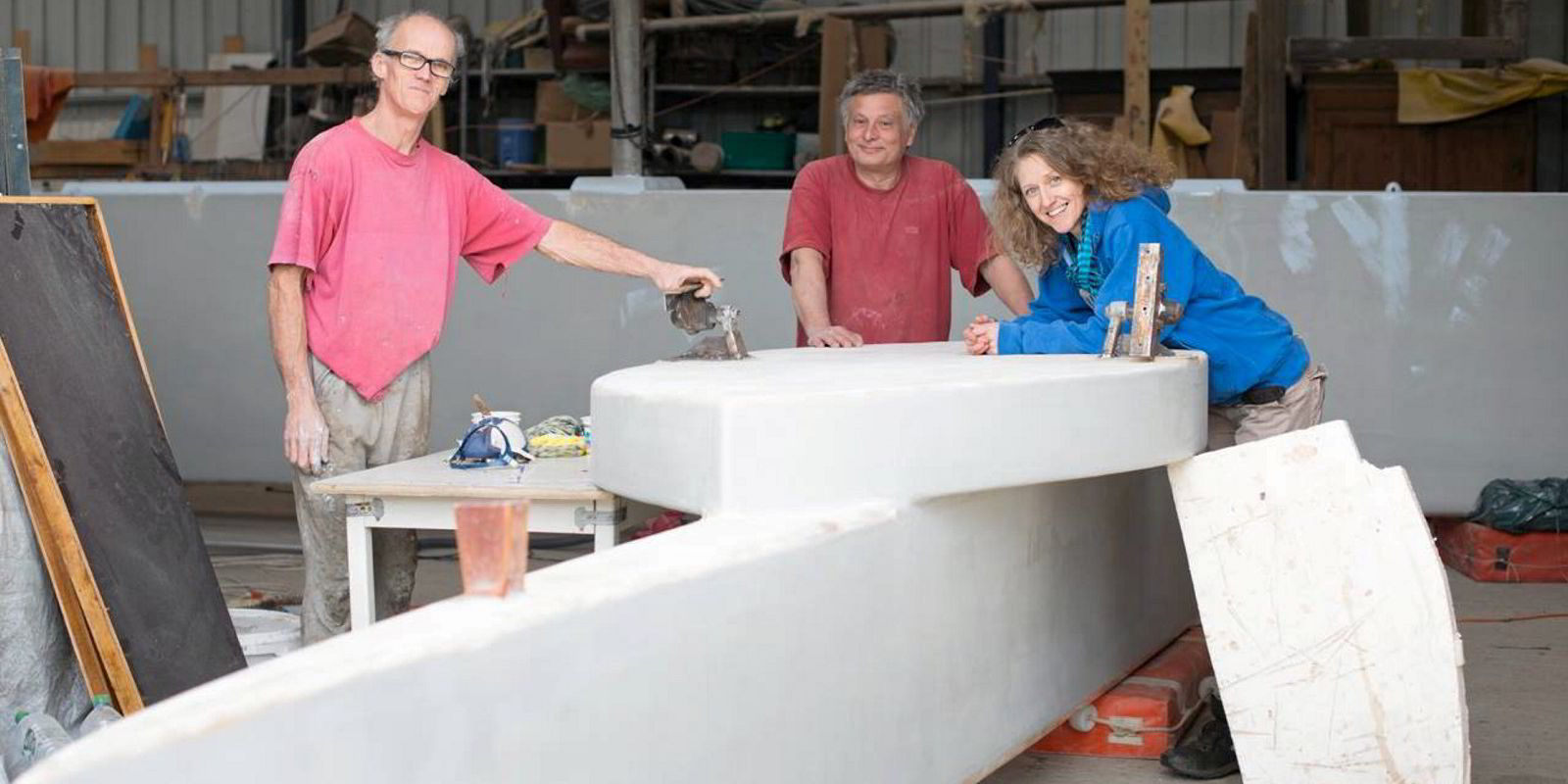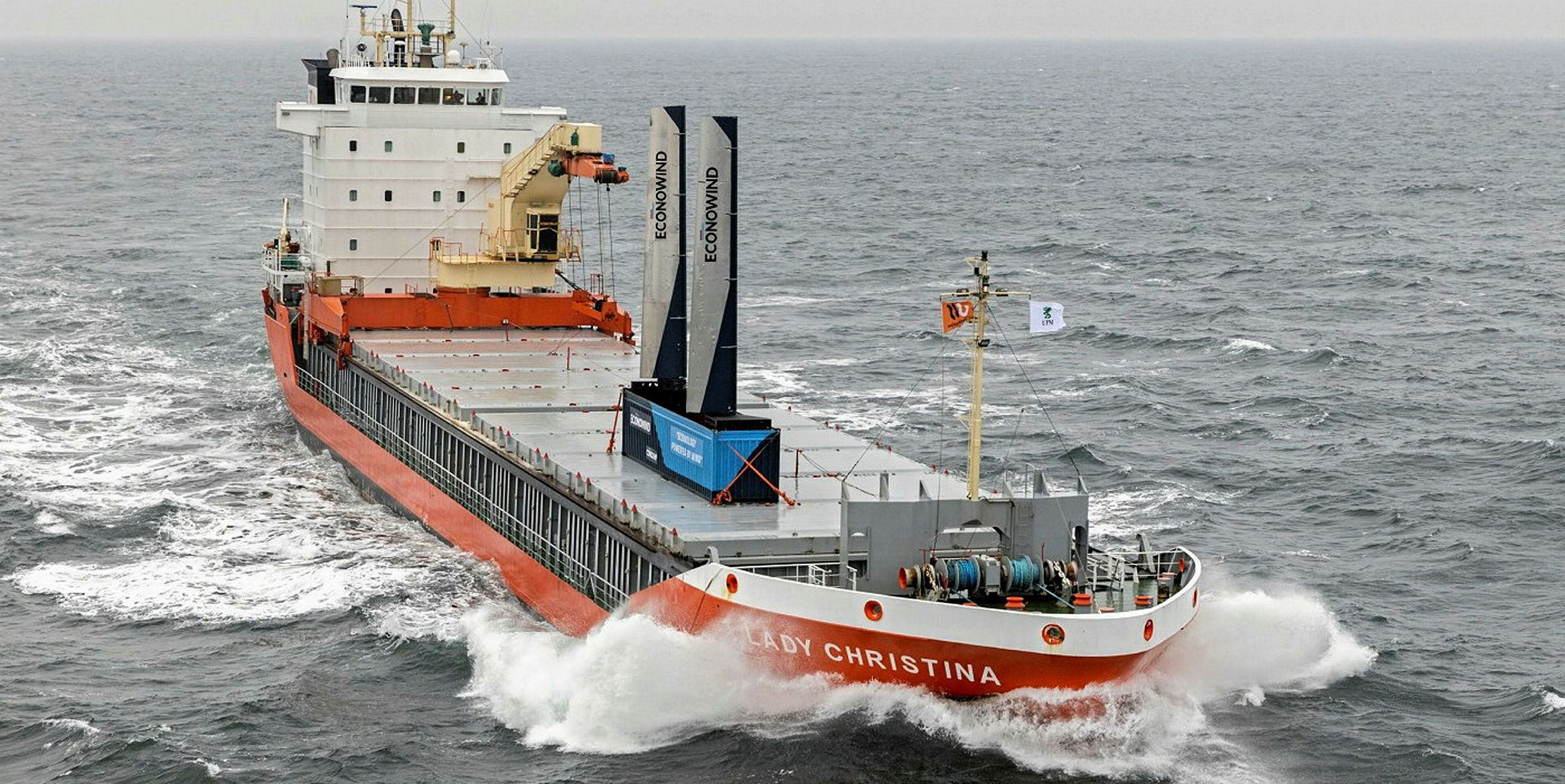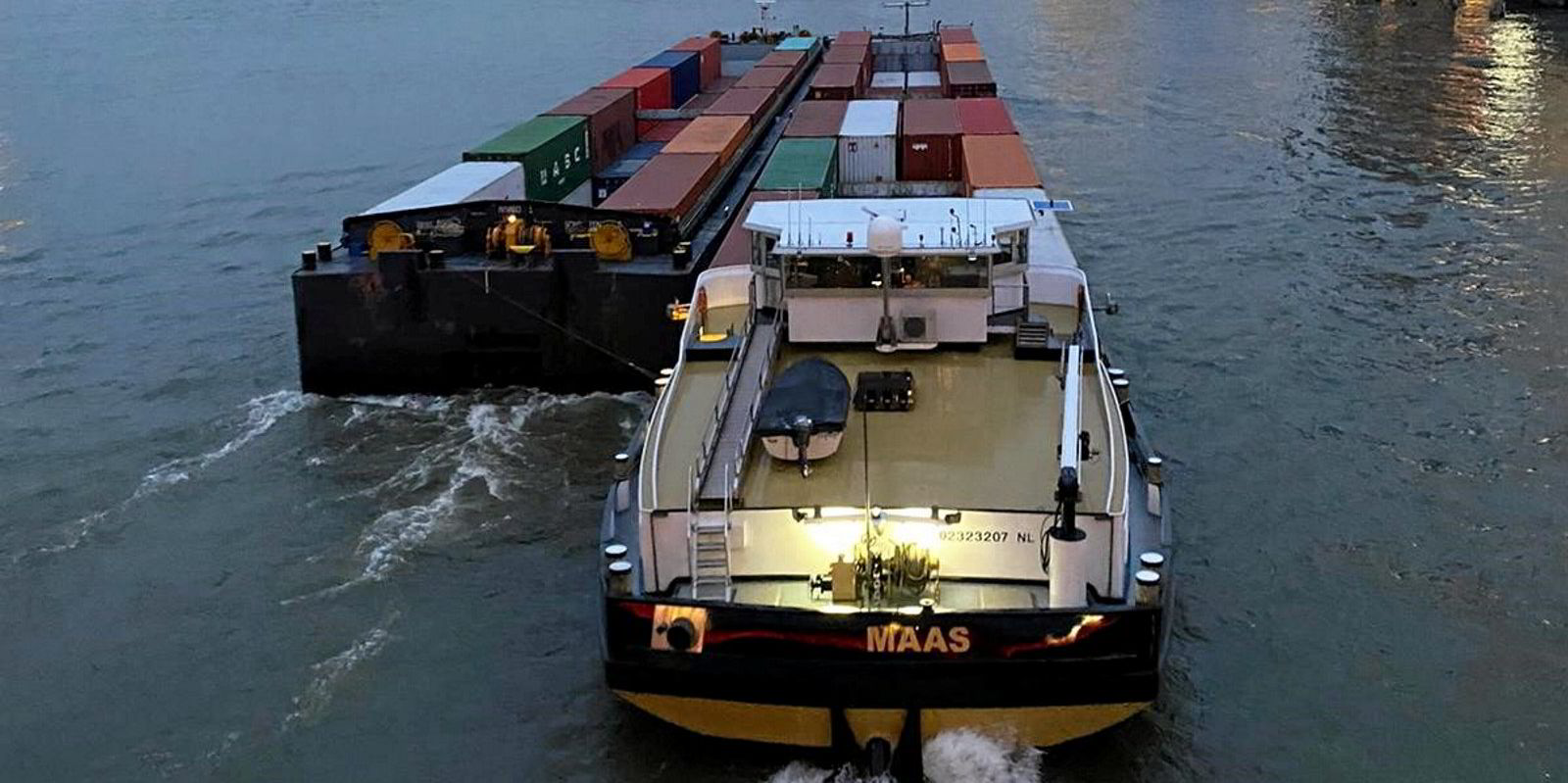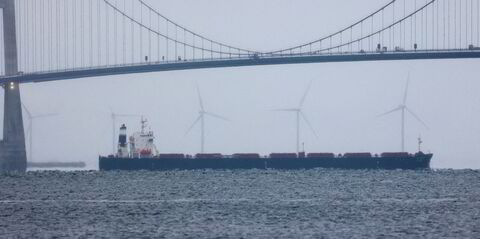A zero-emissions shipping group will use the COP26 climate talks to push the message aimed at cleaning up coastal shipping fleets.
The Zero Emissions Ship Technology Association (ZESTAs) believes green technologies are available to clean up the large share of emissions attributed to vessels operating in domestic waters, where governments have direct control.
Last year’s fourth greenhouse gas report from the International Maritime Organization for the first time separated emissions attributed to domestic vessels from international shipping. The United Nations body calculated that domestic shipping's emissions were twice as high as previously estimated at 30% of the total.
Technologies are now readily available to clean up the domestic fleet of smaller coastal cargoships, ferries and inland waterway vessels, which are often old and highly polluting. Such vessels will come under the auspices of the 2021 United Nations Climate Change Conference (COP26) this November.
ZESTAs is aiming to get the message across that the governments at COP26 can clean up domestic shipping by backing zero-emission technologies, such as batteries, hydrogen fuel cells and wind propulsion. It will hold a three-day event alongside COP26.
ZESTAs secretary general Madadh MacLaine said: “We need to stop throwing the ball out to 2050, investing in half measures that won’t get us where we need to be. We need to invest in true zero now, upscale and shoot for 2030. If we don’t, we have no chance of stopping warming anywhere near 1.5 degrees.”
The founder of the trade association made up of 22 member companies developing smaller-scale green propulsion technologies, MacLaine previously developed her own zero-emission vessel. She has also helped set up the International Windship Association and worked for electrolyser manufacturer ITM Power.
“Our intention is that the outcome of Ship Zero [the event] is an action plan, a navigational chart to true zero with waypoints based on realisable actions, available technologies, and implementable policies,” she said.
MacLaine told TradeWinds that setting national strategies for domestic vessels at COP26 would not conflict with IMO policies for decarbonising international shipping. Governments could boost such policies' development by creating a “bottom up approach that can feed into the IMO”.
MacLaine's own track record in developing low-carbon vessels includes a background in experimental maritime archeology and, in 2007, designing a zero-emission vessel capable of carrying 500 tonnes of high-value cargo.
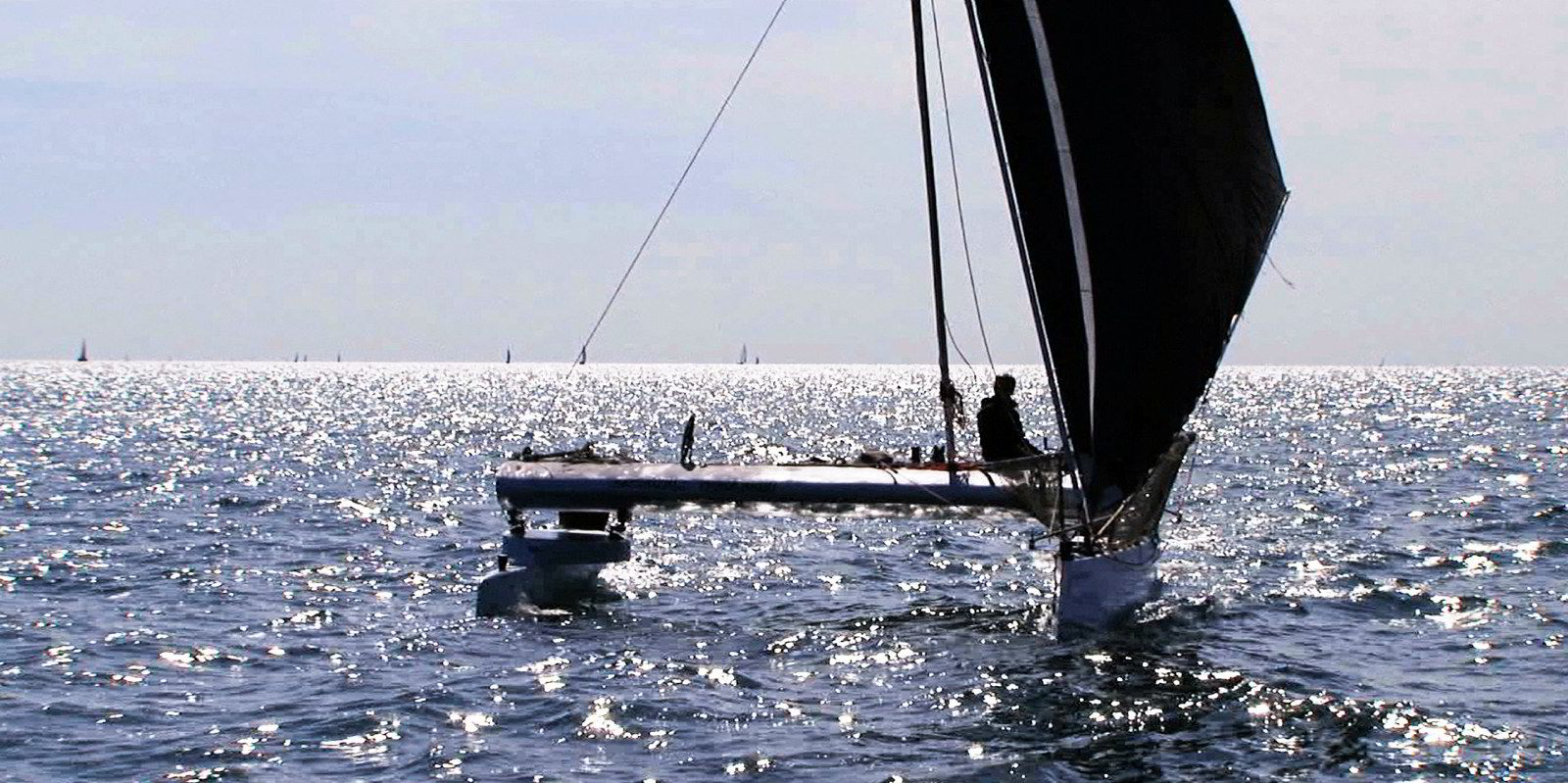
But 14 years ago, she found that the hydrogen fuel-cell technologies needed for the proposed 60-metre-long vessel did not exist at the time.
Nevertheless, by 2015 her company Fair Winds Trading, which operated in West Africa, had developed a 12-metre-long sailing prototype of the vessel, a monohull with outrigger called the Praocargo, that was tested carrying 2.5 tonnes.
- Future Proof Shipping
- PowerCell
- Sterling Plan B Solutions
- Nedstack
- Econowind
- Airseas
- THEME
- Hydrogen Energy Solutions
- Zero Emission Services
- Hyex Safety
- GEPS Techno
- Evolve Hydrogen
- ZShips International
- Finocean
- Ocean Assets Institute
- Genevos
- Blue Technology
- Propelwind
- Hyseas Energy
- Sailcargo
- Fair winds Trust
- Zero Emissions Maritime Technology
MacLaine said ZESTAs is talking to and working with some of the larger shipping decarbonisation organisations, such as green financing group the Poseidon Principles and the Getting to Zero Coalition. But she feels some of their members can be too invested in existing systems and resistant to change.
“We are small, our organisation’s members are innovators, and we are starting at zero [emissions]," she said. "As technology providers, we will work with these coalitions to assist their membership in achieving zero.”
MacLaine has also attended IMO committee meetings over the last few years as she sought ways to help the shipping industry transition to zero carbon, and said she realised the need to bring the smaller technology firms together as one body to lobby regulators as well as help bring products to market.
“We [ZESTAs] are starting at true zero," she said. "It may be small, but the point is being able to prove true zero is possible and then looking at the pathway to upscaling to larger sizes, economies of scale, marketability and building larger vessels.
“There is a very large sector of highly polluting vessels that it is technically feasible to transition now. So at this event we will be looking at why this is not happening.”
The aim is to find solutions to barriers such as financing.
“If we take the Poseidon Principles a bit further, it can have a huge impact,” she said.
In the near future, MacLaine added that it may also become more difficult to insure ships that are deemed to make climate change worse through their emissions.
